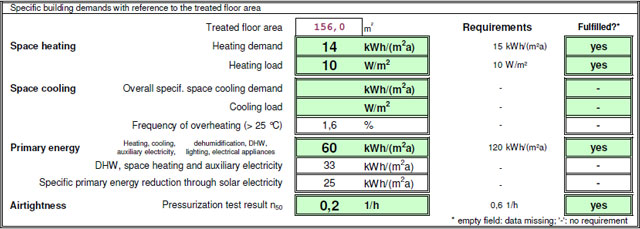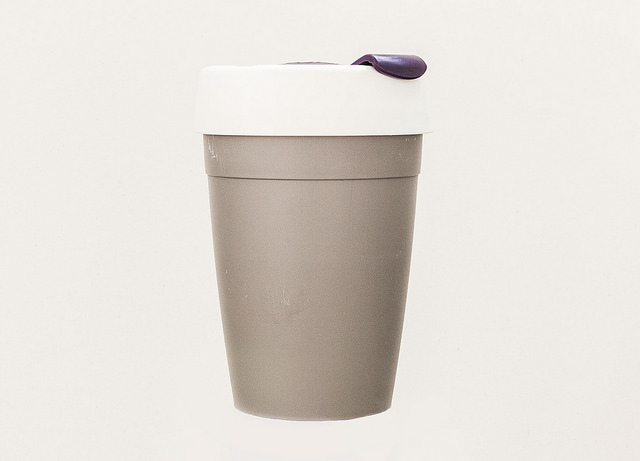The term passive house or passivhaus is a building standard which is world’s best practice for energy efficient buildings. Energy use is as low as 10% of the power used by conventional buildings. Passive house is:
- A complex ecosystem
- Minimising energy use
- Responding to different climate zones
- Based on building engineering principles
- And exact physics
- Devised by Dr Wolfgang Feist (Germany) and Professor Bo Adamson (Sweden) in the 1990’s
- Tested on tens of thousands of houses throughout the world.
Passive house is designed to:
- Keep comfortable temperatures consistently
- Refresh air constantly
- Dramatically reduce heating and cooling requirements
- Lower our energy use, and
- Reduce our power bills.
The building physics calculations are meticulous

The results are verified in houses worldwide over and over

Superpod® performance
(low energy – sustainability)
At Superpod® we believe that you can’t start talking about sustainability until you deal with the performance of the building envelope – the shell. Superpod® is based on the international passive house standard, which requires these elements as part of the building technology:
- Extremely high performing and continuous insulation in walls and roof
- Extremely high performing windows
- Reduced thermal bridges so that heat and cold can’t travel in and out of the house
- A well sealed building
- An air ventilation system for constant fresh air and comfortable temperatures all year round
- External shades in some climates
Passive houses are powerful

Active houses use up power

Protective

Non-protective

Remember – with passive house, you start with the engineered design. Then you build according to the design! With careful construction details applied and verified, you will get a passive house!
And one more thing – Why is Passive House different from other sorts of eco or passive solar houses? Because every part of the building is measured, and performance tests are required after construction.
Exact measurements + maths and physics = true performance
2 + 2 = 4

